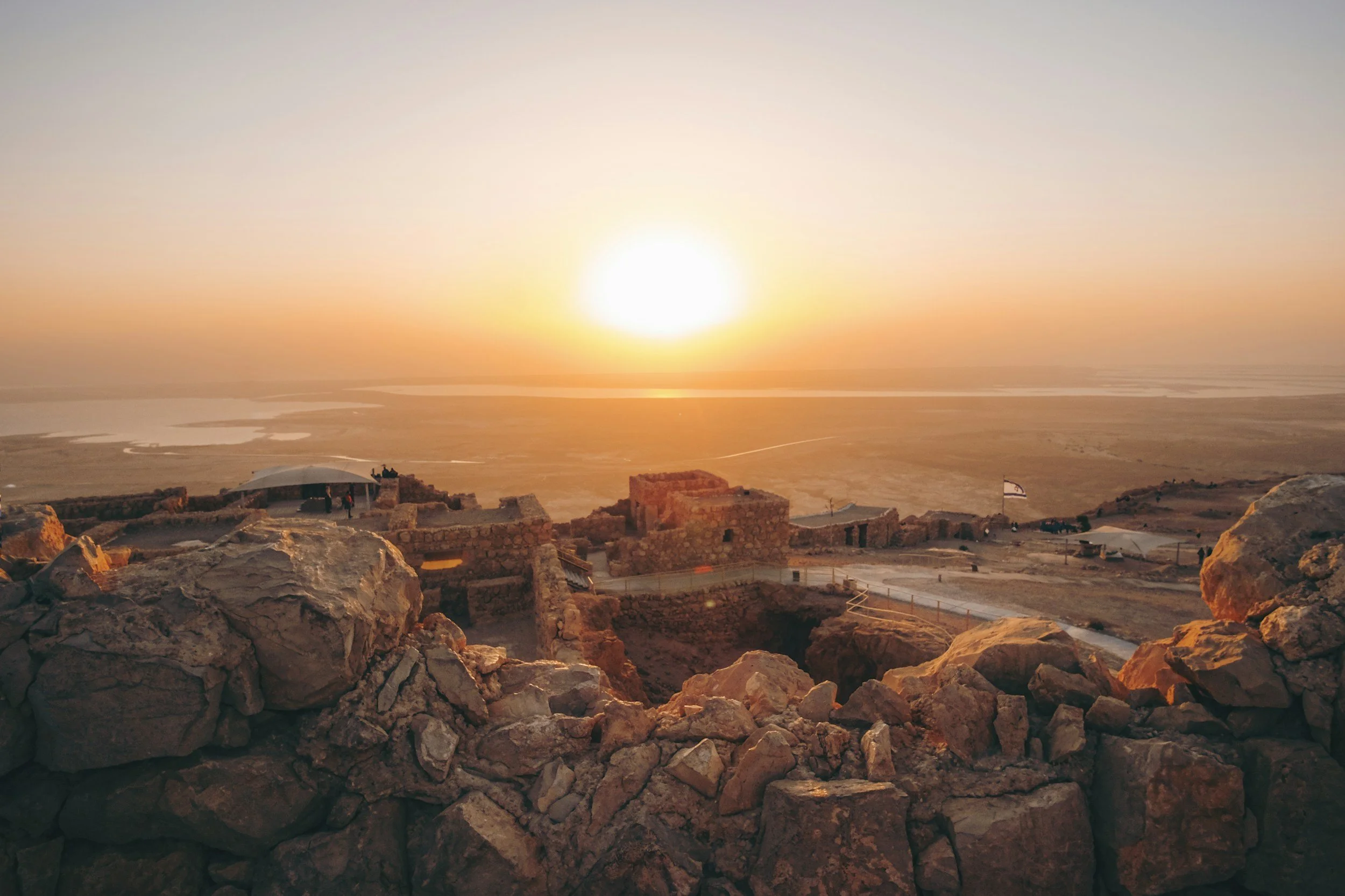This past weekend, my friend Prasad and I were driving around the beautiful countryside of Portland. He remarked that if he hadn't seen the farms and plains outside the city, he would have "really missed something". This made me think about the differences between city and country life. Country people are often seen as simpler and less aggressive, with different values than those who live in the city. The word citizen itself comes from a Latin root meaning a person who lives in a city.
This led me to think about our citizenship as Christians. In Philippians 3:19-20, the Apostle Paul writes about a group of people whose "God is their belly," "whose glory is in their shame," and who "mind earthly things." They live for this world and take pride in things that should be shameful. I've seen that many Christians today are so "earthly minded that they are of no heavenly use." Their earthly priorities leave no room for heavenly things.
However, Paul goes on to say in verse 20, "But our citizenship is in heaven." This means we are not here to build a political kingdom in this world. God has not called us to align ourselves with a specific political party, but to be valuable citizens of His heavenly kingdom. Our true allegiance is to a different kind of kingdom—a supernatural, heavenly one. The Bible calls us to pray for our leaders (1 Timothy 2:1-4), even though they may be torturing and persecuting Christians, because we are ultimately citizens of a heavenly kingdom.
A City with a Divine Architect
As I read the book of Hebrews, I noticed the connection between this kingdom and the word "city." In Hebrews 12:22, the writer speaks of Mount Zion as "the city of the living God, the heavenly Jerusalem." This city is very different from any earthly city. We can't earn our way into it by following a list of rules from Mount Sinai, which were given to demonstrate that it's impossible for anyone to completely follow them. Our human righteousness will always fall short of God's perfect standard. The only way to be cleansed of our sins is through the one sacrifice of Jesus Christ, who, after completing his work, sat down at the right hand of God. We serve a living God who was raised from the dead and lives forever.
This city has three important characteristics:
Its architect and builder is God. In Hebrews 11, we read about Abraham, who left his home in Ur of the Chaldees in obedience to God's call, not knowing where he was going. He was looking for a city with foundations "whose builder and architect is God." God doesn't just design the blueprint; he is also the builder, using us, despite our imperfections, to build up the body of Christ. The word edify literally means "to build." When we come together, our purpose is to be edified in the faith, and God uses us to build one another up through psalms, hymns, and spiritual songs.
It is a heavenly city. The heroes of faith, including Abraham and Sarah, died without receiving all of the promises God had made to them. This is because they were looking for a "better country," a heavenly one. They saw themselves as "strangers and pilgrims on the earth," not looking back at the comfort and familiarity they had left behind. We must hold lightly to the things of this world and be willing to go wherever God calls us, because being in the center of God's will is the best place to be. I heard a story of a brother who left a good job in Canada to go as a missionary to Iraq to preach the gospel to those who had not heard it, even though his mother was battling cancer and his brother was jobless. He obeyed God, and God healed his mother and provided his brother with a job. This is the importance of having our values aligned with God's will.
It is a permanent city. Hebrews 13:14 says, "For we do not here have here an abiding city... but we are seeking after the city which is coming." We must not be tied down by things that are temporary, but instead let our values be informed by the kingdom of God. Jesus said in Luke 12:15, "a man's life is not his abundance is not dependent on the things that he possesses." We must guard ourselves against covetousness, which the world calls "ambition," and desire what is truly lasting: the permanent city that God is preparing for us.
Our Mission for the Heavenly City
Ultimately, if we believe in this heavenly city and the cross of Jesus Christ, we must go out and act like it is true. Jim Elliott, a missionary, once said, "I don't need a voice because I have a verse" to motivate him to preach the gospel to all creation. We have a verse, too. We need to go and share the gospel with those who have not heard it. God's miraculous work often happens when we go out and pray for others' needs, especially for those who need to hear the gospel.
A statistic from Pastor Greg Laurie shows that "80% of people who come to know the Lord have heard the gospel from somebody who's only two years old in the faith." This means that new believers are the ones most actively sharing their faith, but over time, we often get comfortable. We become like the "fatted calf" in the story of the prodigal son, constantly fed but never putting our faith into action. We must have a burden for this heavenly city and actively seek to bring others to it. We are at the end of August, with four months left in the year, and we need to make reaching others a priority. Let us prepare our hearts to live for, seek, and wait for that permanent, heavenly city built by God.
